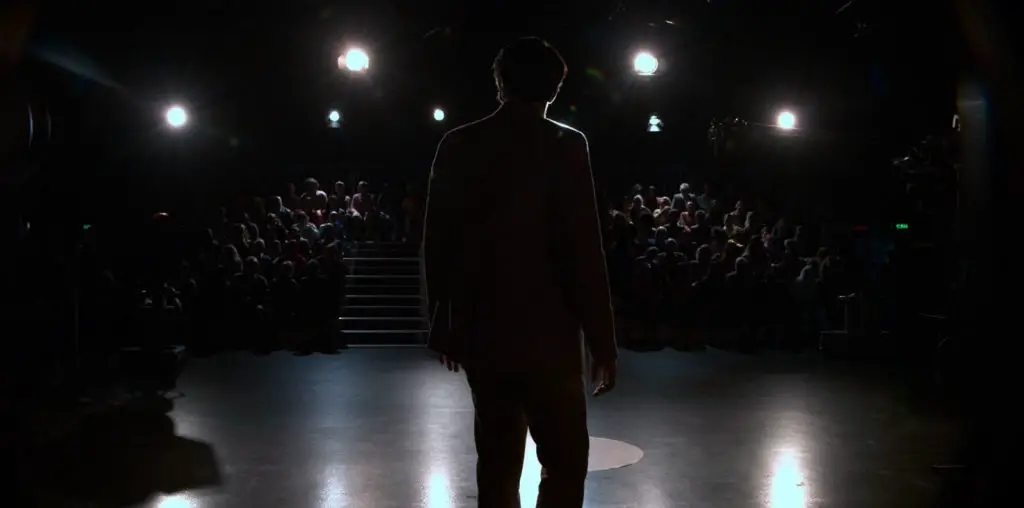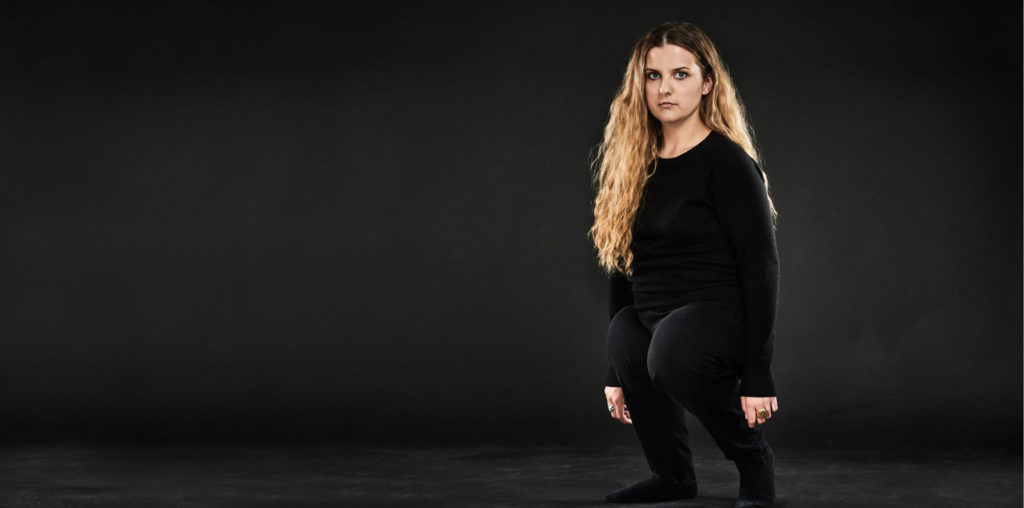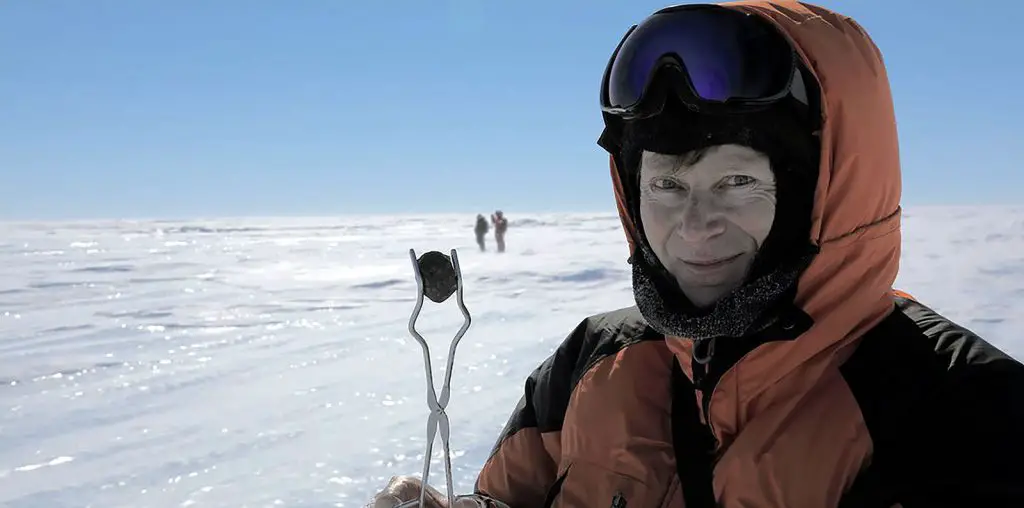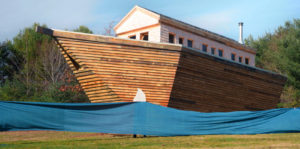
SXSW 2023 FILM REVIEW! For Mother’s Day one year, I secretly took all the photos and videos my wife had stored of our children on her iPhone and created a video called “A Mother’s Phone.” Director Ian Cheney goes to far greater lengths to save his memories in his deeply philosophical, poignant, and profound documentary The Arc of Oblivion. As a filmmaker, Cheney has amassed many engaging characters on his quixotic quest to build an actual ark in the middle of his family’s Maine farm to store the years of footage he’s amassed.
However, The Arc of Oblivion does not chronicle some fool’s errand for the sake of theological devotion. Instead, Cheney is more interested in the existential meaning of memory, be it through troves of digital hard drives, rings on a towering tree that catalog the years, or layers of the past hidden in the rock. Cheney explains that, as a boy, he was told: “You must spend your life making memories,” which profoundly impacted him and perhaps led to his filmmaking profession and deep desire to preserve all he amassed.
The filmmaker is fortunate enough to have a wealth of experts in his inner circle: from a friend’s brother, Kirk Johnson (who happens to be a paleontologist and the director of Washington D.C.’s Museum of Natural History), to journalists Brian Palmer and Erin Hollaway Palmer who photographically examine humanity’s past in U.S. cemeteries. There is even a guest appearance from fellow documentarian (and someone who knows a little about land-based boats) Werner Herzog, who stops by to observe the project. Each is given time to provide perspective, discussing time’s passage through a multifaceted lens, and all tied together with the director’s languid-but-inviting narration as he pushes ahead on his ark’s progress.
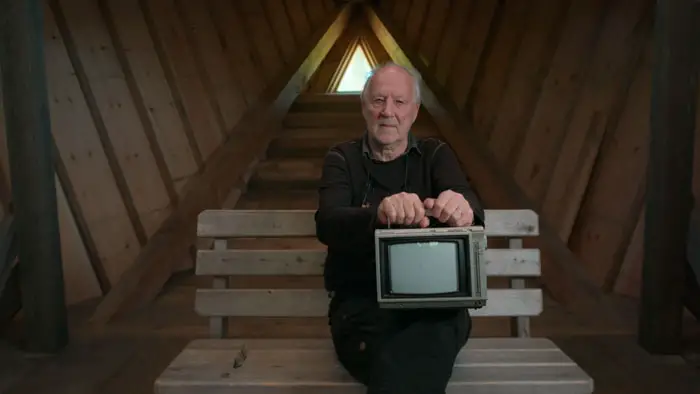
“…quest to build an actual ark in the middle of his family’s Maine farm…”
Cheney’s journey takes him around the globe as well. He sees the limestone caves in Spain and visits the remote Sahara Desert. In the Bahamas, he converses with teacher and poet Yasmin Glinton Poitier. She speaks of the devastation left behind in her community after Hurricane Dorian blew through in 2019. Her recollection of having her entire collection of family photos completely wiped away with the tide is particularly harrowing.
Throughout The Arc of Oblivion, Cheney uses his lens like a brushstroke as aerial shots glide over the terrain, whip around his wooden structure as it forms, and zoom over the shoulders of those who help guide him (and us) through his journey. The filmmaker includes snippets of stop-motion animation and random, old-school portable television sets placed in the most unexpected backdrops. The narrative also tackles heady topics with an authentic, homespun feel, as though it’s a campfire tale being told by an elder.
The documentary is a deeply meditative look at what it means to truly live with purpose and meaning. What do we hold dear? What of us will be left to pass along to future generations as we continue to digitize our lives? We compile our memories in countless ways, but what is truly “saved” when something catastrophic comes along?
It’s estimated that about 2.5 quintillion bytes of information are created online each day. But what does that mean? Will that information be accessible for our future selves to share, understand, or hold? After all, photos fade, books jaundice, and we’ve all most likely lost something we were positive we saved on our hard drives. As one of the subjects so eloquently states, perhaps life is not about maintaining our successes, our losses, or our material remnants but rather preserving our “mindset, our tolerance, and our humanity.” And to “save all that is good in the world.” We can only hope a project like The Arc of Oblivion makes it aboard.
The Arc of Oblivion screened at the 2023 SXSW Film Festival.
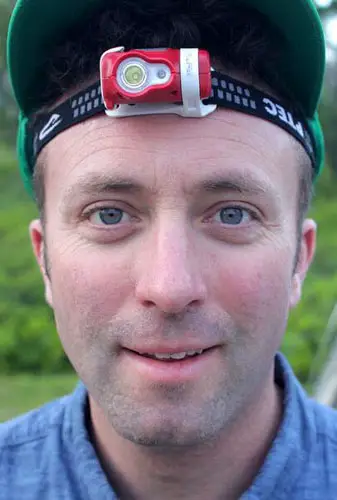
"…deeply philosophical, poignant, and profound..."
